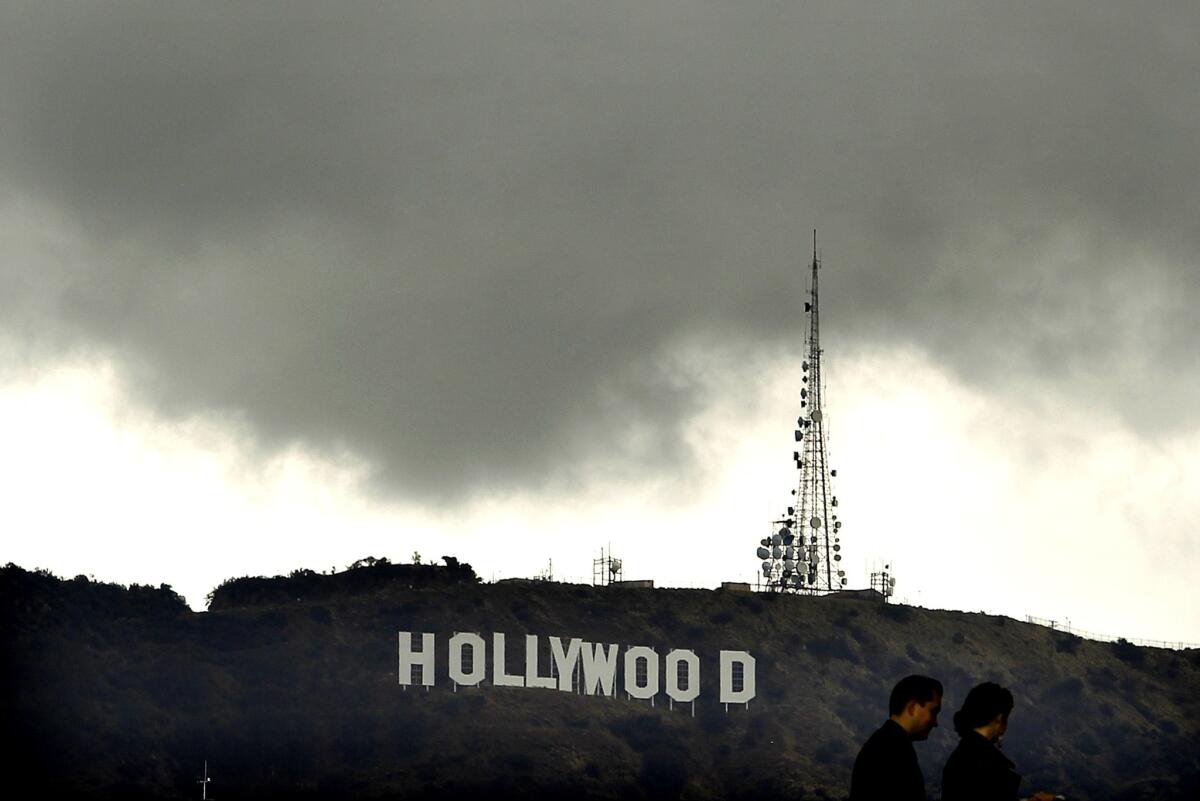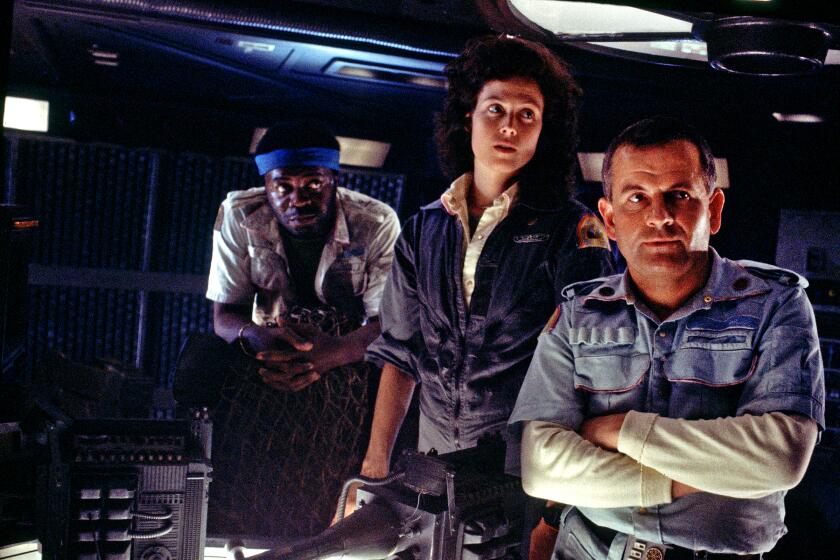A hot script, sent to the Hollywood back burner

Hollywood can be a place of short-lived ambition. Audiences crave a sequel or reprise until they see the sequel or reprise. (“Arrested Development,” anyone?) Studios want a hot script until someone else gets that hot script, then they never wanted it in the first place.
About five years ago, shortly after the Hollywood screenwriters’ strike, a script began making the rounds called “The Low Dweller.” I was reporting on the ins-and-outs of Hollywood development at the time, and followed at close range the complicated maneuvers of those who wanted it. And many did. The story had an appealingly brooding quality in its telling of an ex-con on a mission of revenge. It had a specific sense of place, set in a Midwest that was neither the idealized place of farmland or the Big Box locale of reality, but something more mysterious, dystopian. The story had a propulsive quality, with an ex-con on a mission and on the run.
Basically, the movie had a “No Country For Old Men” vibe, a pretty good thing to have as that movie swept the Oscars and became a huge box-office hit.
PHOTOS: Billion-dollar movie club
As an added bonus, it had a great back story: the writer, Brad Ingelsby, was a Hollywood unknown. Just a few months before he was living in his parents’ house in Pennsylvania, selling insurance as he figured out what to do with his life. But the hiatus from established Hollywood writers had created a development void, allowing a new voice who might never have broken through otherwise to be heard.
Studios wanted to make it; stars wanted to be (in) it. The winning bid went to Relativity Media for nearly $5 million. Leonardo DiCaprio and Ridley Scott came aboard, with DiCapro eyeing it as a starring vehicle and Scott looking at it as a possible directing gig.
I won’t labor through every small change and bump in the road it faced, or why it led to the film it did; sleeping dogs and all that. Suffice it to say that the film was made, but it’s something you’re more likely to know from last weekend’s mediocre box-office reports than from the quality its initial buzz suggested. The film was “Out of the Furnace.” And needless to say, though it starred the extremely talented Oscar-winner Christian Bale, it didn’t exactly live up to its promise. Reviews for the film, now directed by “Crazy Heart” helmer Scott Cooper were lukewarm--though some, like the Times’ Betsy Sharkey, gave it qualified praise. Many reviews did not like it as the film notched a 52% score on Rotten Tomatoes--and filmgoers tuned out.
PHOTOS: Celebrities by The Times
Producers and movie fans like to lament long-gestating movies of their favorite property. And why not? The unmade movie is the perfect movie, a tabula rasa of every imagined graceful plot turn, impeccable performance and piece of sideways humor. If I imagine “A Confederacy of Dunces” perfectly in my mind, then surely it will be a perfect film when it hits the screen, at the least in the theoretical world of one’s mind.
But some of the tougher stories in Hollywood are not the movies that never get made—they’re the movies that do get made, only very differently from how they were originally intended (or how supporters unreasonably imagined them).
The green light is hard, sure, but execution is often harder, because of talent chemistry, because of budget realities, because of a multiplicity of opinions, because of the hundreds of decisions small and large whose outcome can’t be known until after those decisions are made.
As Ben Stiller, who has his own anticipated big bet coming this month in “The Secret Life of Walter Mitty,” said in an interview recently about trying to strike the right tone. “It’s all theoretical when you’re trying to make a movie. You’re just taking your best guess.”
Maybe “The Low Dweller” could have become something closer to the romanticized version many imagined; maybe those romantic notions were unrealistic in the first place. The beauty and truth of Hollywood lies in the endless possibilities of any given piece of material--and the endless pining about the next great movie just waiting around the corner, begging to get made.
ALSO:
A chilly opening for ‘Out of the Furnace’
Movie review: ‘Out of the Furnace’
More to Read
Only good movies
Get the Indie Focus newsletter, Mark Olsen's weekly guide to the world of cinema.
You may occasionally receive promotional content from the Los Angeles Times.










